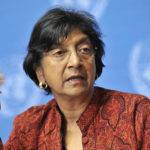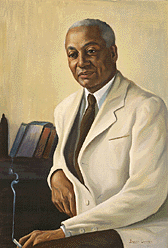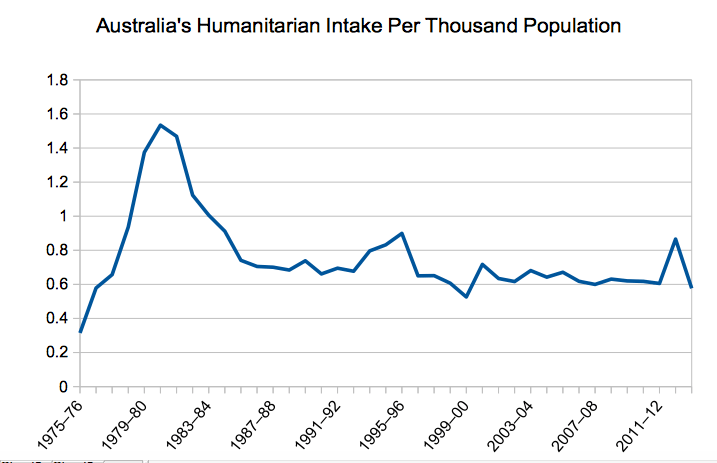
No One is Illegal
“You who are so-called illegal aliens must know that no human being is ‘illegal’. That is a contradiction in terms. Human beings can be beautiful or more beautiful, they can be fat or skinny, they can be right or wrong, but illegal? How can a human being be illegal?”Elie Wiesel, holocaust survivor, nobel peace prize recipient.

If you search for the phrase “No One is Illegal” – you’ll see that its an idea that’s catching on. People are finding the idea relevant in places such as Vancouver, the UK, Montreal, Ottawa, Toronto, Melbourne, Tubingen, Poland and Sweden. Organisations such as change.org and colorlines are speaking out against use of language which vilifies and stigmatizes people. It’s no accident of course that people are speaking out in the places where measures are being increased against irregular migrants, up to and including imprisonment.
The groups that champion this phrase don’t mince their words. They recognise immigration controls as racist and have no problem saying so. Some are happy to take to the streets to get their message across. The following is a sample of the arguments that NOII UK puts.
“No One Is Illegal (NOII) UK challenges the ideology of immigration controls and campaigns for their total abolition. We oppose controls in principle and reject any idea there can be “fair” or “just” or “reasonable” or “non racist” controls. We make no distinction between “economic migrants” and “refugees”, between the “legal” and the “illegal”. These are political categories invented by politicians. We campaign to break down these categories and support free movement for all and unity between all. …
According to the media and parliamentarians, immigration controls are basic, god-given fact of life. To suggest their abolition invites violent condemnation for utopic and even dangerous naivety. Even those critical of controls argue that it is necessary to be “pragmatic”, to be “realistic”, to accept that the abolition of controls is unrealistic and to concentrate on trying to make the laws “fairer” In our view this turns politics on its head. What is utopic, what is unrealistic, is the idea that controls can be sanitized, turned into their opposite and made fairer.”[1]
“No one is illegal” captures something about the human rights challenge presented by the immigration controls that most in society assume to be right and proper.

We may write laws which make someone a “slave” or deny women the vote, impose segregation, make inter-racial marriage a crime, or deprive someone of their freedom of movement or right to work, or categorize them as “illegal”: fit to be locked up and deported: but such laws can never be just – even if for a hundred years such laws remain in place. They are the product of profound injustice and their injustice becomes obvious when human beings pay the price that their imposition involves.
In the more diplomatic language of the UN Human Rights mechanisms, the problems with turning people into “illegals” has also drawn attention. Those working around the rights of migrant workers put it like this:
“Irregular migrants must be protected against arbitrary deprivation of liberty and inhumane treatment, a panel of the Human Rights Council said on 17 September when addressing challenges posed by immigration-related detention.
When opening the panel, High Commissioner for Human Rights Navi Pillay drew attention to the disturbing trend of criminalizing irregular migration and how it can lead to unnecessary detention and human rights violations. “The association of irregular migration with criminality promotes the stigmatization of migrants and encourages a climate of xenophobia and hostility against them.”
She stressed that terms such as “illegal immigrants” should be avoided and replaced by the internationally accepted definitions of “irregular” or “undocumented” migrants, which more accurately describe the situation of not having, or having lost, the proper documents allowing them to reside in a given territory or to work there.
As all panelists underlined, immigrants in an irregular situation should not be qualified or treated as criminals. “Irregular migrants are not criminal offenders”, said panelist William Gois, a representative of non-governmental organization Migrant Forum in Asia.
Under international human rights law, deprivation of liberty should be a measure of last resort. However, “migrants arriving irregularly in a new country are often detained as a routine – or even mandatory – procedure, often without proper judicial safeguards,” Pillay said.”[2]
How far are such sentiments from the commonplace preparedness of political leaders to pursue just such policies. Here is an example.
Arizona lawmaker Carl Seel, R-District 6, wants to find out how much money Arizona spends educating illegal immigrants. …”When you come here illegally, and you expect public benefits, and you tax the citizenry for a patently illegal act, that is fundamentally wrong,” said Seel.[3]

A recent example from Virginia shows the kinds of laws these sentiments inspire. Law makers there propose a package of 16 Bills targeting irregular migrants: revoking drivers licenses, blocking attendance at colleges and universities, tracking undocumented children at schools, checking the immigration status of anyone taken into custody. Its proponents are proud of their support of the “rule of law”.[3A] Such mass measures against a minority have all the resonances of Nazi Germany.
We may contrast such concepts with those we find in the Universal Declaration of Human Rights:
“23 (1) Everyone has the right to work, to free choice of employment, to just and favourable conditions of work and to protection against unemployment.
26 (1) Everyone has the right to education.”
Everyone has human rights. A law which violates human rights (such as making our fellow human beings “illegal”) is bad law. It is immoral law. So, what can law abiding citizens do in such circumstances? Explore the history of human rights and we see what others have done in similar circumstances. One thing that can be done is to give your support to the “Drop the i-word” campaign being run by Colorlines.
“Human rights are rights inherent to all human beings, whatever our nationality, place of residence, sex, national or ethnic origin, colour, religion, language, or any other status. We are all equally entitled to our human rights without discrimination. These rights are all interrelated, interdependent and indivisible.”[4]








